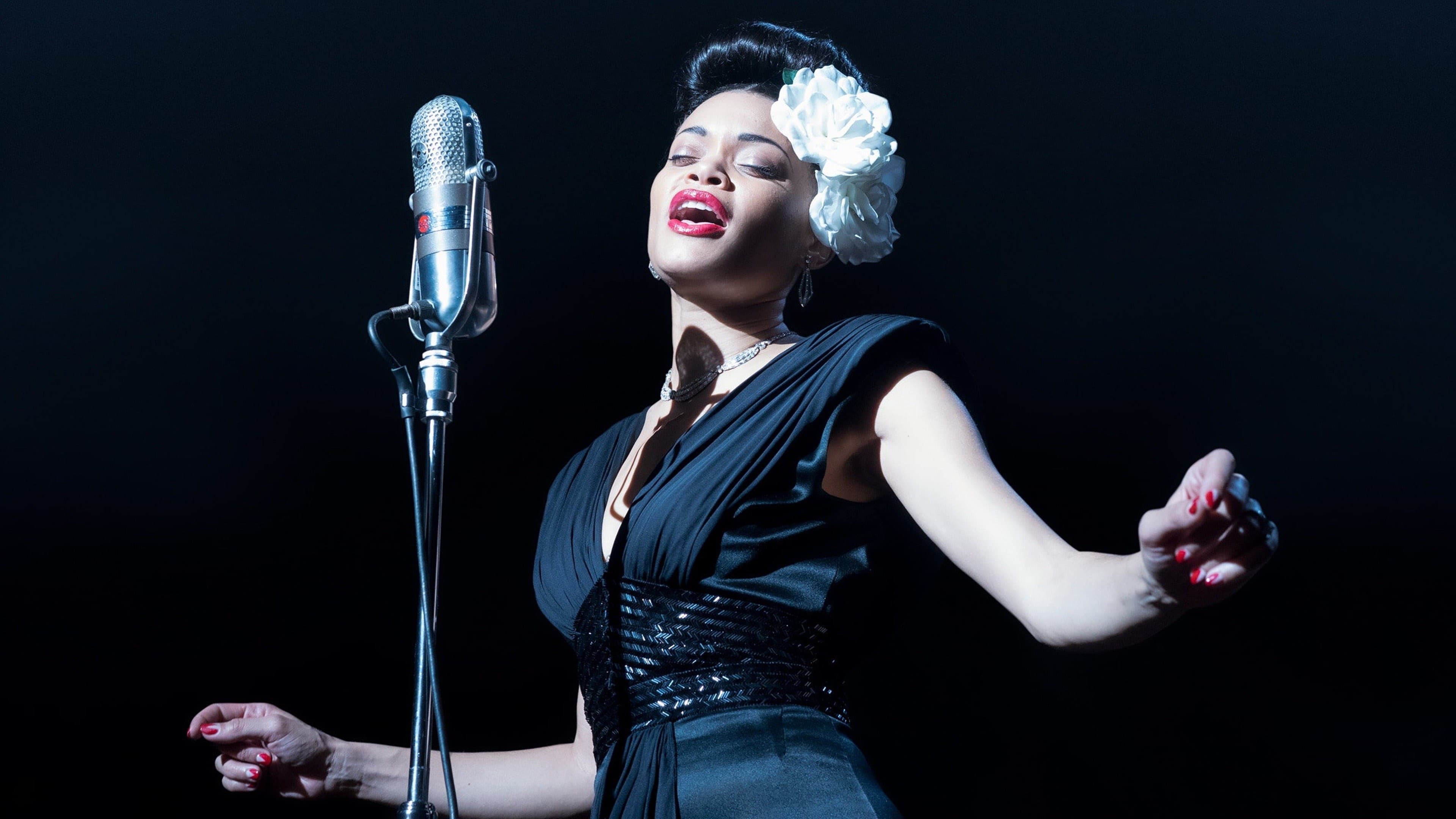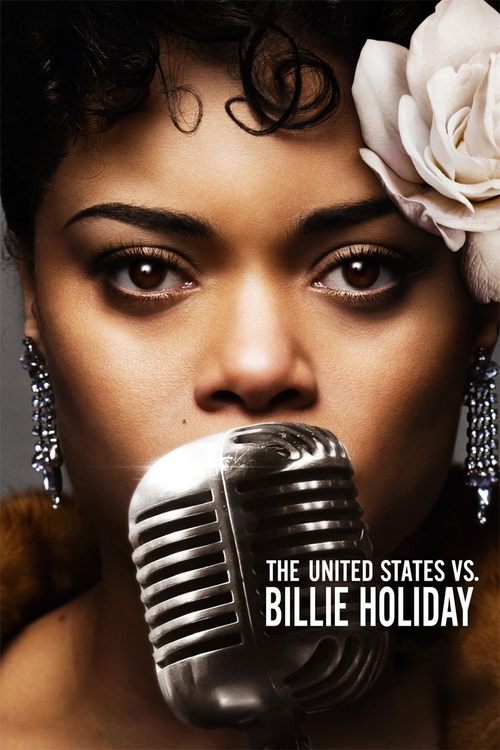Summary
Billie Holiday spent much of her career being adored by fans. In the 1940s, the government targeted Holiday in a growing effort to racialize the war on drugs, ultimately aiming to stop her from singing her controversial ballad, "Strange Fruit."
Cast
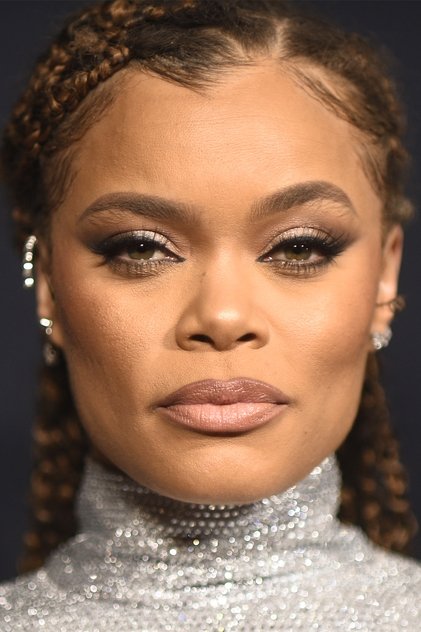
Andra Day
Billie Holiday
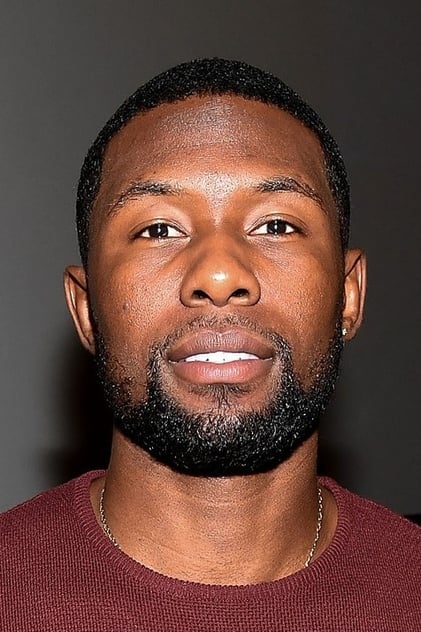
Trevante Rhodes
Jimmy Fletcher

Garrett Hedlund
Harry Anslinger

Leslie Jordan
Reginald Lord Devine
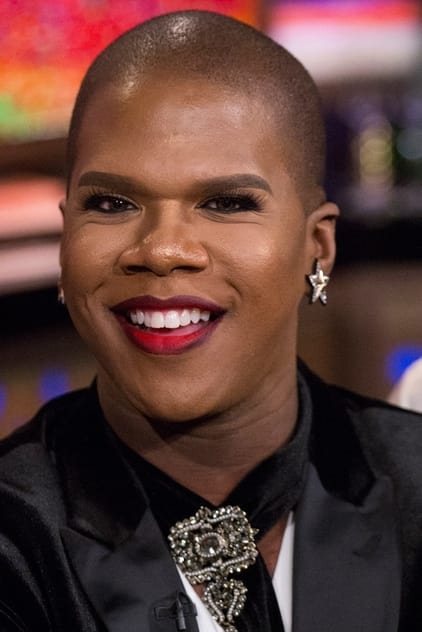
Miss Lawrence
Miss Freddy
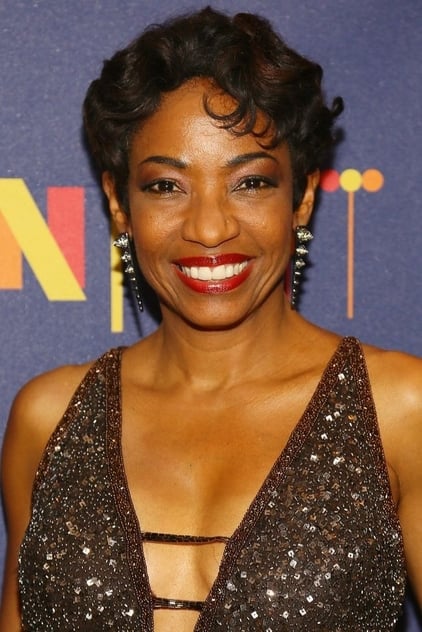
Adriane Lenox
Mrs. Fletcher

Natasha Lyonne
Tallulah Bankhead

Rob Morgan
Louis McKay
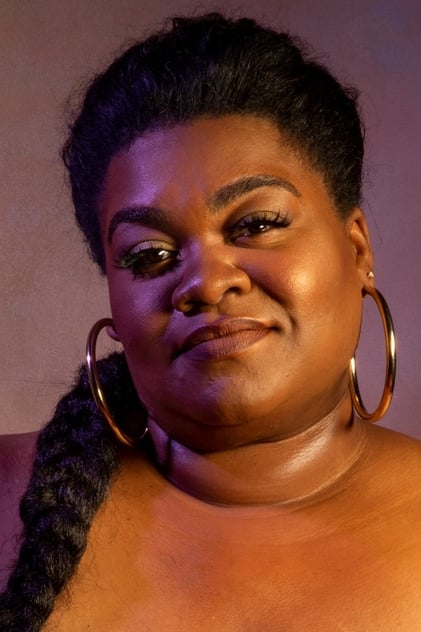
Da'Vine Joy Randolph
Roslyn

Evan Ross
Agent Williams
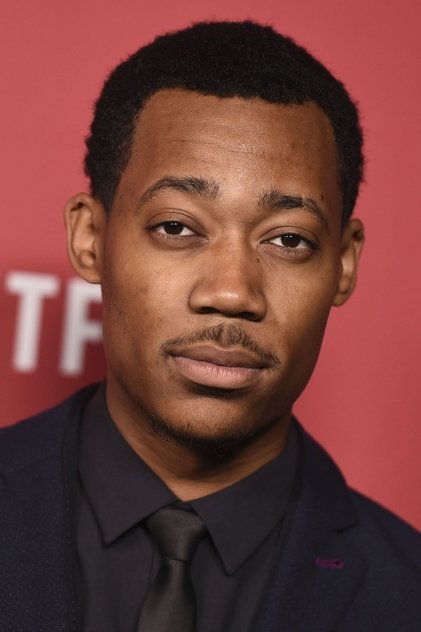
Tyler James Williams
Lester 'Prez' Young

Tone Bell
John Levy

Blake DeLong
Agent Carter

Dana Gourrier
Sadie

Melvin Gregg
Joe Guy
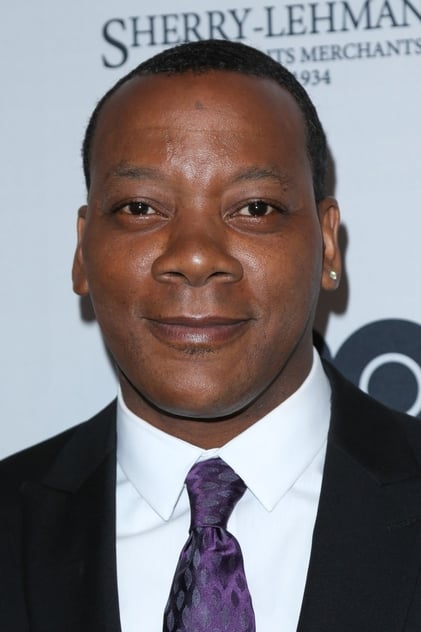
Erik LaRay Harvey
James Monroe
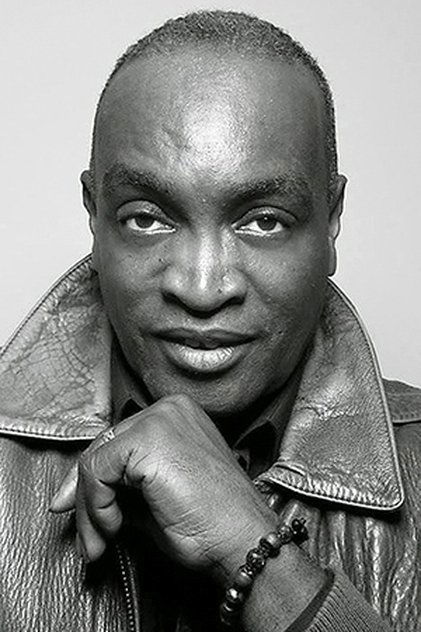
Ray Shell
Carl The Drummer

Dusan Dukic
Joe Glaser

Koumba Ball
Lucille

Kate MacLellan
Working Class Woman

Kwasi Songui
Working Class Man
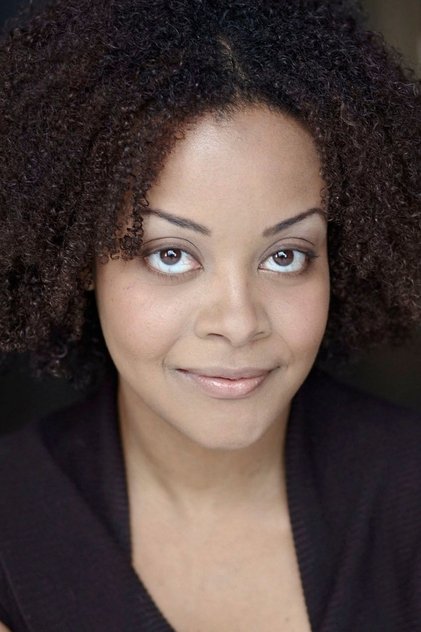
Letitia Brookes
Velva
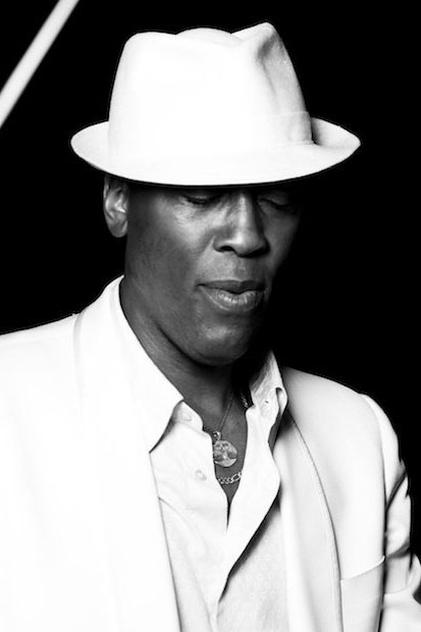
Warren 'Slim' Williams
Bobby Tucker
Orville Thompson
Auditioning Sax Player
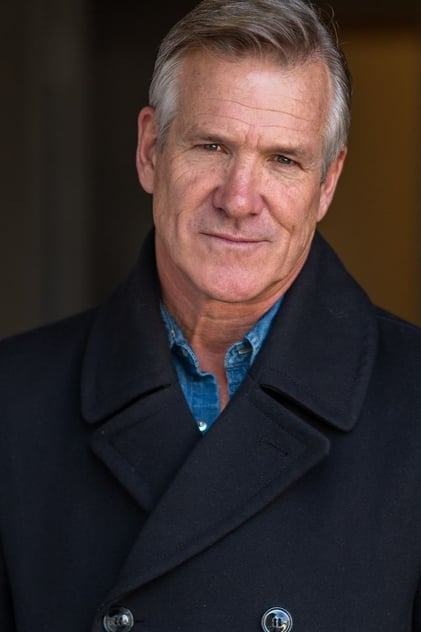
Jeff Corbett
Congressman JP Thomas

Damian Joseph Quinn
Roy Cohn

Robert Alan Beuth
Congressman J. Rankin

Randy Davison
Senator J. McCarthy
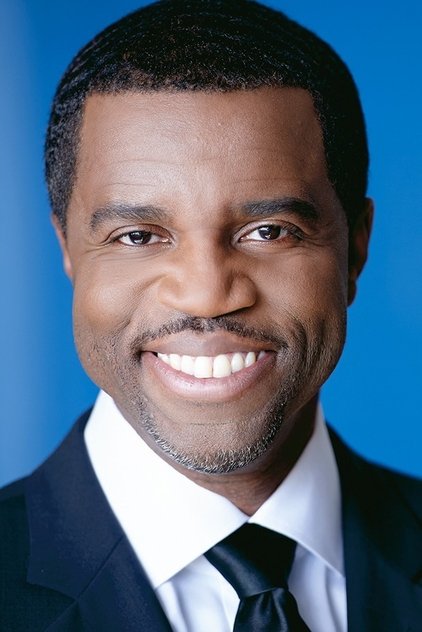
Kevin Hanchard
Louis Armstrong
Jono Townsend
Guitar Player
Morgan Moore
Bass Player
Arlen John Bonnar
Priest

Furly Mac
Elevator Attendant
Andrew Zadel
Agent McDermott

Tristan D. Lalla
Mr. Jordon Green

Alex Bisping
Bailiff #1

Don Anderson
Judge Ganey
Amanda Strawn
Gloria
Charleine Charles
Shirley

Sylvia Stewart
Stink-Eye Inmate
Daphné Archer
Jail Dishwasher
Anita Lee
Fighting Woman
Tony Chao
Fighting Man
Linda Sauvé
Receptionist

Alain Goulem
Ed Fishman
Ramona Clyke
Miss Mona
Laurent Beaudin
Ed Fishman's Assistant

Alika Autran
Martha Anslinger

Kim Feeney
Lady In Audience
Diana Carmen Ratycz
Carnegie Fan

Richard Jutras
Uptown Restaurant Maître d'

Jonathan Higgins
Defense Lawyer Erlich
Marc Essertaize
Bailiff #2

Nealla Gordon
Courthouse Reporter

Len Blavatnik
Club Owner

Christopher Ricardo Price
Drug Dealer
Taryn Brown
Billie (10 years old)
Zuri Hawkins
Little Girl in Brothel
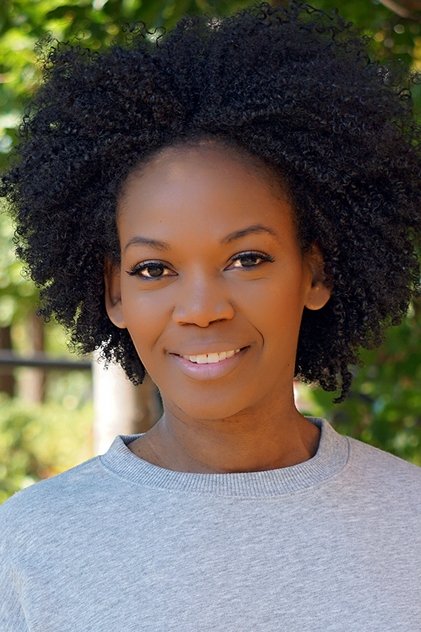
Elizabeth Eveillard
Prostitute 1923

Clauter Alexandre
Husband
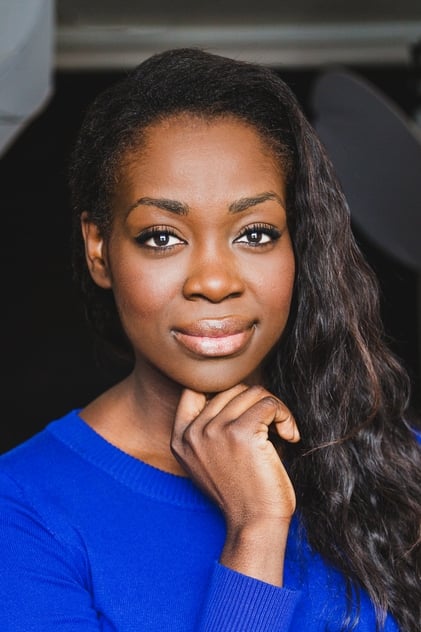
Penande Estime
Hanging Woman
Elikya Tupula
Young Daughter
Nefertari Zanyah Brewster-Griffith
Older Daughter

Joe Cobden
George Jessel
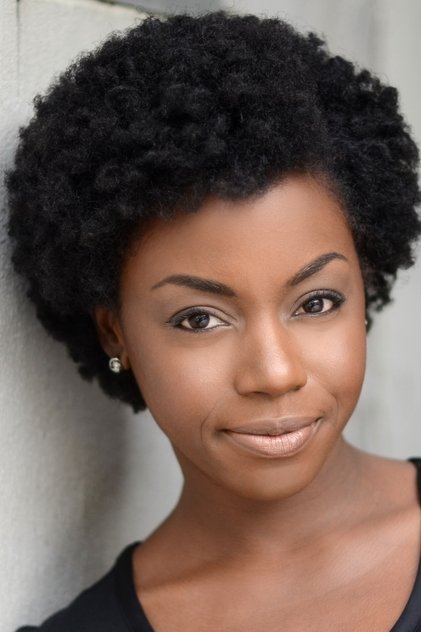
Ronda Louis-Jeune
Jimmy's Girlfriend

Maxime Paradis
Producer

Sarah Levesque
Nurse
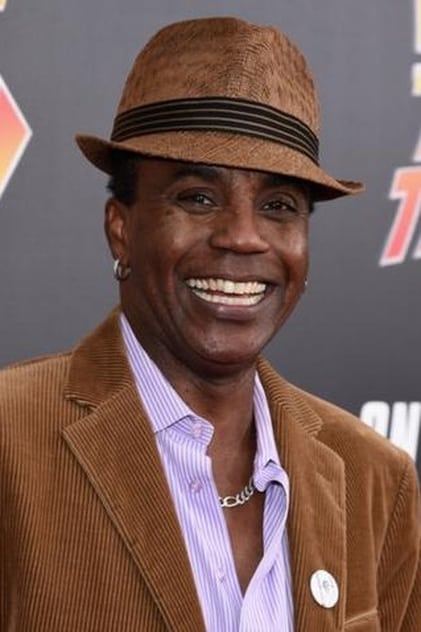
Donald Fullilove
Additional Voices (voice)
Crew
Director
Lee Daniels
Book
Johann Hari
Screenplay
Suzan-Lori Parks
Reviews
msbreviews
February 22, 2021
3
If you enjoy reading my Spoiler-Free reviews, please follow my blog @ https://www.msbreviews.com
Even though I love listening to jazz, I've never been to a concert or a club specific to this type of music. Following this train of thought, I didn't know anything about Billie Holiday's real-life story and her tremendous impact not only in the respective musical genre but also in the fight against the government concerning the evil, shameful act of lynching - which shockingly still occurs today in some countries. Strange Fruit, a poem written by Abel Meeropol, became incredibly controversial due to its brutal lyrics describing the said act, comparing the victim to the fruit of trees. The adapted song has been referenced as the beginning of the civil rights movement, and Andra Day's performance is the standout of a quite disappointing film.
I just watched The Mauritanian - a movie "based on true events" - earlier this week, and I wrote in its review that I'm almost always captivated by the main story in this type of film, even if the rest doesn't quite hold up. The United States vs. Billie Holiday is a biographical movie inspired by the singer's life, but besides Day's powerful display and memorable music, I struggle to find any other positively relevant aspects. Daniel T. Dorrance's fabulous production design is hard to ignore, as is Kris Bowers' attention-grabbing score. However, these two rarely compensate for the jumbled editing (Jay Rabinowitz), untidy screenplay (Suzan-Lori Parks), and even Lee Daniels' erratic direction.
From the awkward, swift transitions to black-and-white and back to color to the lack of connection between cuts and even storylines, it's incredibly hard to feel captivated by such a visually confusing film. Suzan-Lori Parks' script enters a monotonous, repetitive cycle of depicting Billie Holiday heavily smoking and taking drugs, followed by singing a full song and having sex with a random man, all while trying countless times to stop her bad habits. On one hand, Billie Holiday is a strong, proud Black woman who's trying to fight for what's right through her beautiful singing voice and astonishing tenacity. On the other hand, the viewers have to endure numerous sequences of despicable behavior from someone who doesn't look like a good influence at all.
I understand that a protagonist doesn't have to be perfect, much on the contrary. Nevertheless, the narrative structure is so incoherent and raises so many moral questions regarding the true essence of the main character that I couldn't help but feel disengaged from her story. The only interesting moments are the musical performances which might be the only storytelling detail that works as a connecting point to what comes next or as a reference to what happened just before. Every other scene is seemingly detached from the next one, and Lee Daniels struggles to find the right path. The only storytelling component well-developed from beginning to end is the successful build-up to the performance of Strange Fruit.
In the end, Andra Day is the savior of what could have been a massive disaster. Her interpretation is one of the most impressive debut performances I've seen in the last few years. Ignoring her indisputably fantastic singing voice, Day shows a remarkable emotional range and a physical commitment to the role that not many actresses are capable of. She outshines every single element in the movie, including the remaining cast. Day is the only reason why I kept getting "dragged" to the screen. Sadly, one person isn't enough to overcome dozens of significant issues.
The United States vs. Billie Holiday could have been an inspirational, impactful story about Billie Holiday's influence not only in jazz music but mainly in the fight for equal civil rights. Instead, Lee Daniels' inconsistent direction and Suzan-Lori Parks' extremely messy screenplay are just two of many issues that transform this film into an absolute letdown. From the awful editing that detaches almost every storyline from each other to the questionable storytelling decisions regarding the repetitive, tiresome narrative structure, it becomes surprisingly difficult to fully support the protagonist's behavior. Neat production design and engaging score, but it's Andra Day's phenomenal debut performance that saves a potential trainwreck. Her music and acting display are the two key elements that keep the movie above water. I can't properly recommend it unless there's a personal interest in the main character's life.
Rating: D+
Media
Recommendations

Home Front
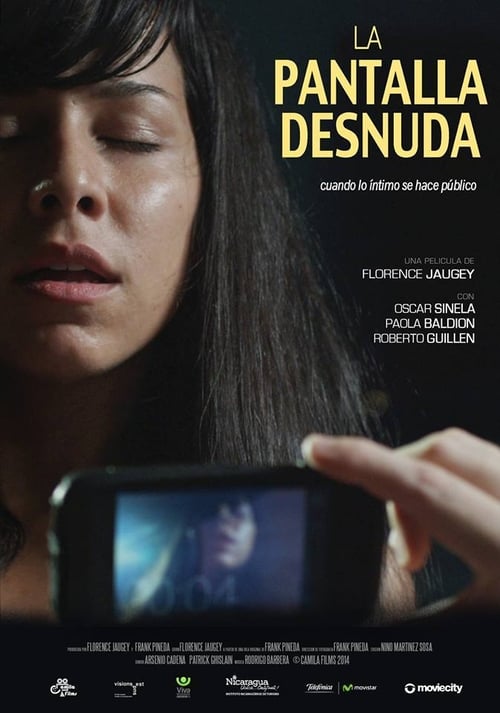
The Naked Screen

Not for All the World
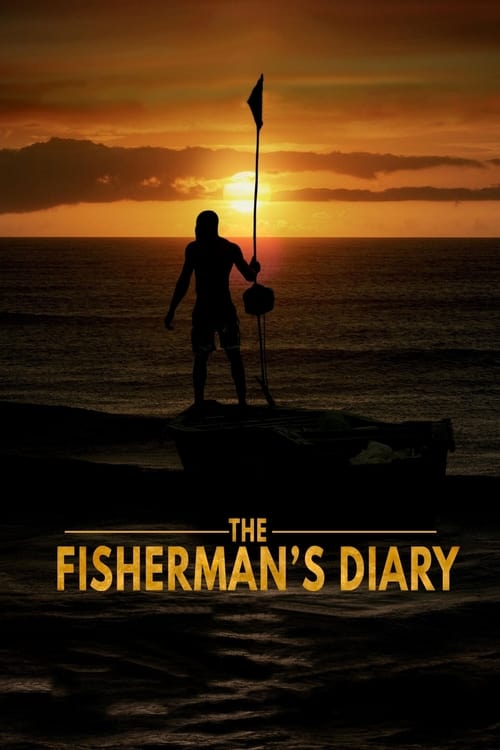
The Fisherman's Diary

Fantasy Magician

Green Day - Rock am Ring Live
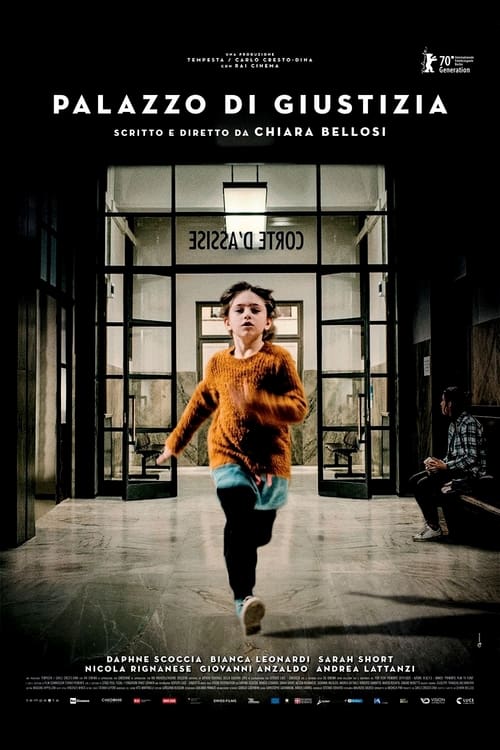
Ordinary Justice

There's Something in the Water
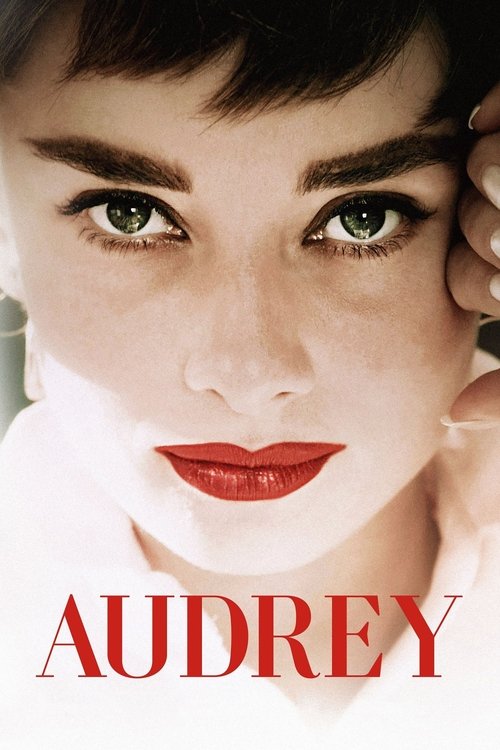
Audrey
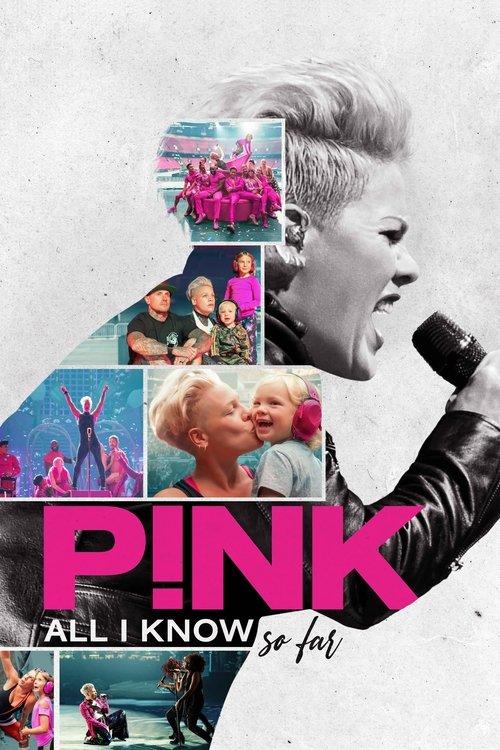
P!nk: All I Know So Far

The Lower Depths

Madonna: The Confessions Tour

Unforgiven

Woman on Top

Framing Britney Spears
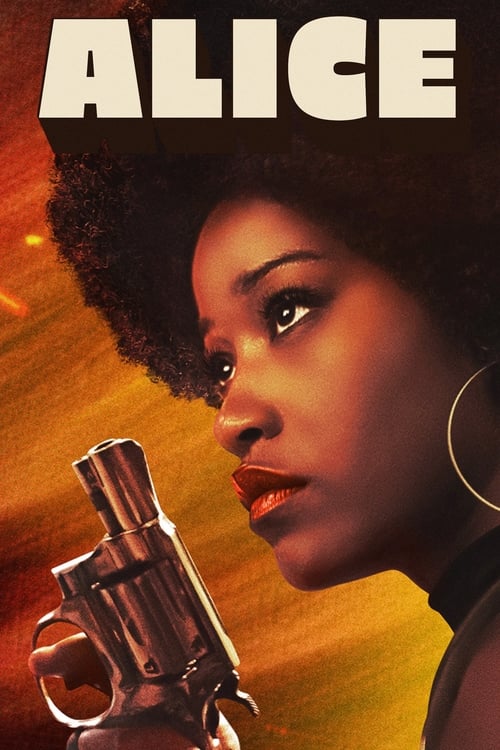
Alice

Together Together

Body Brokers
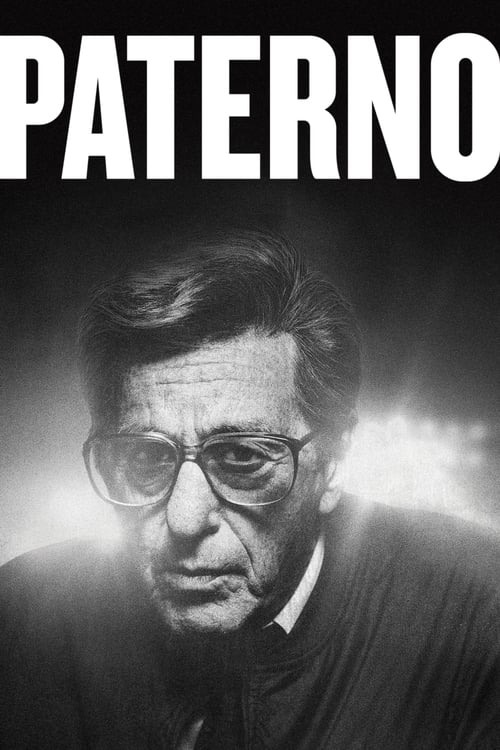
Paterno

